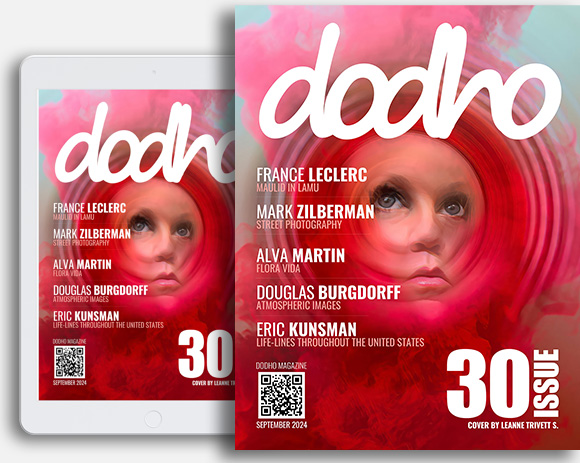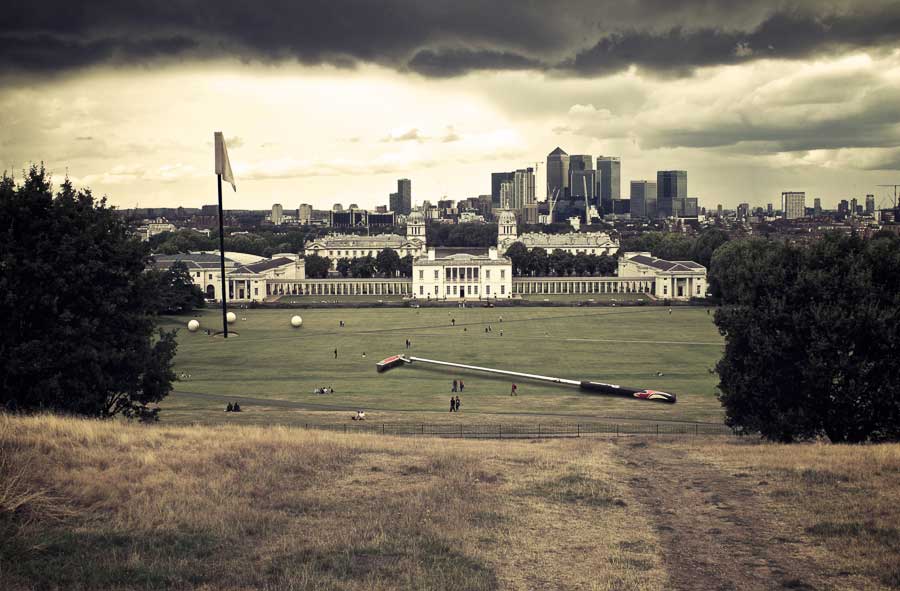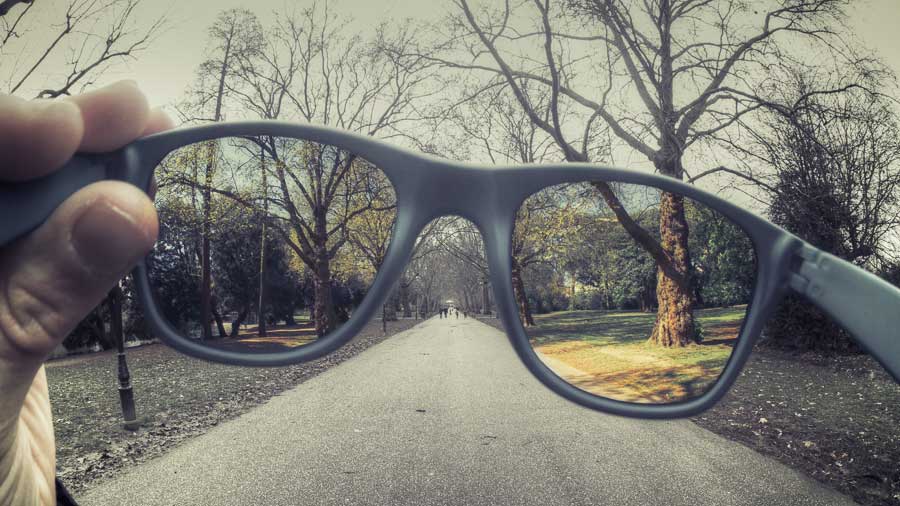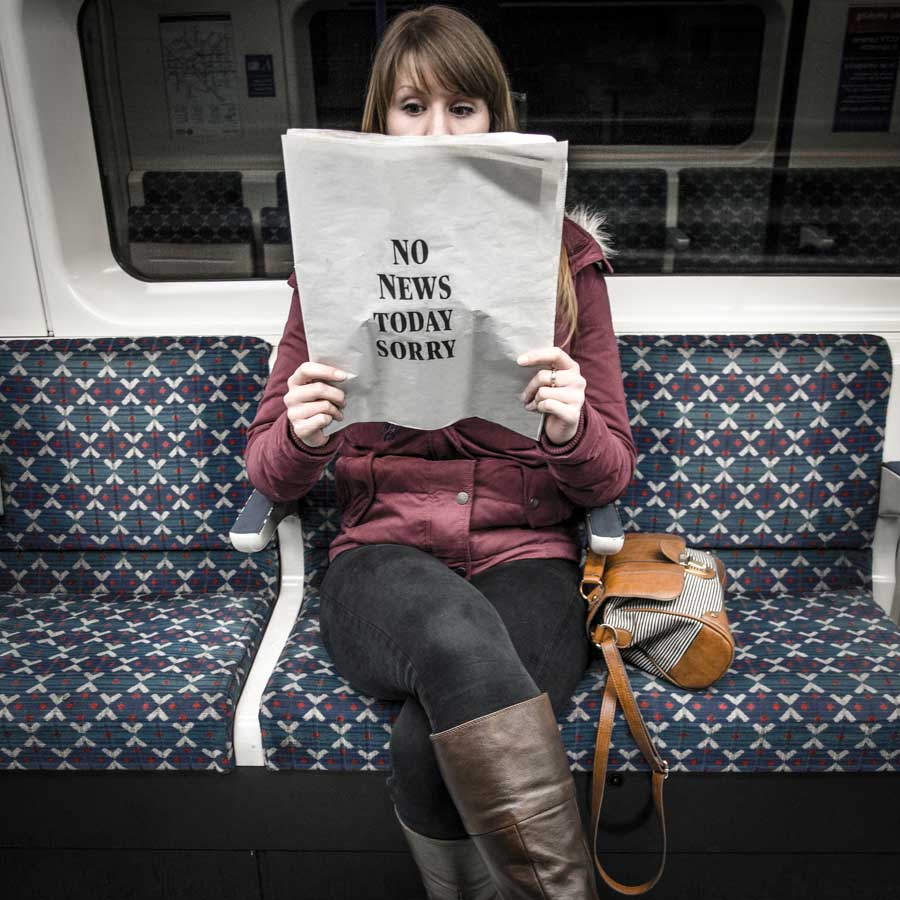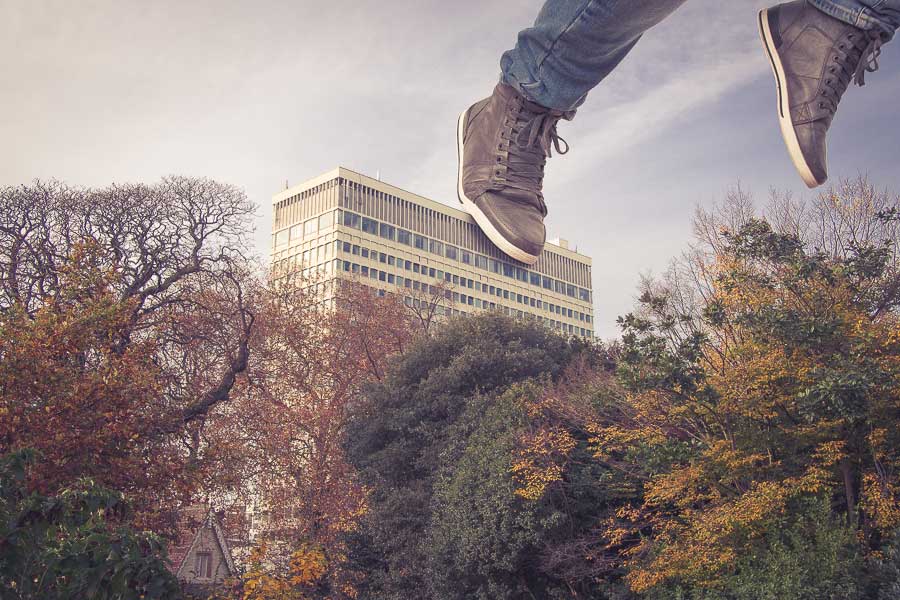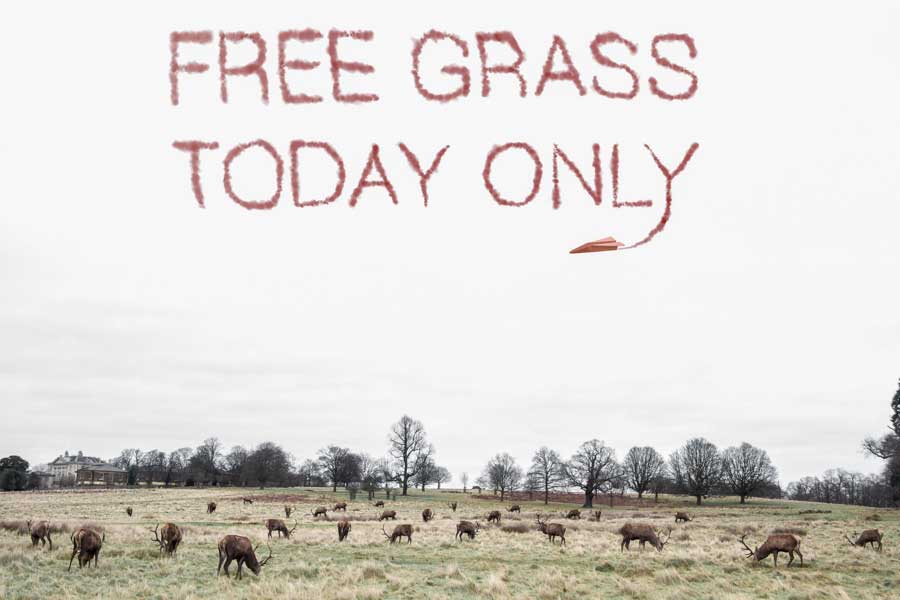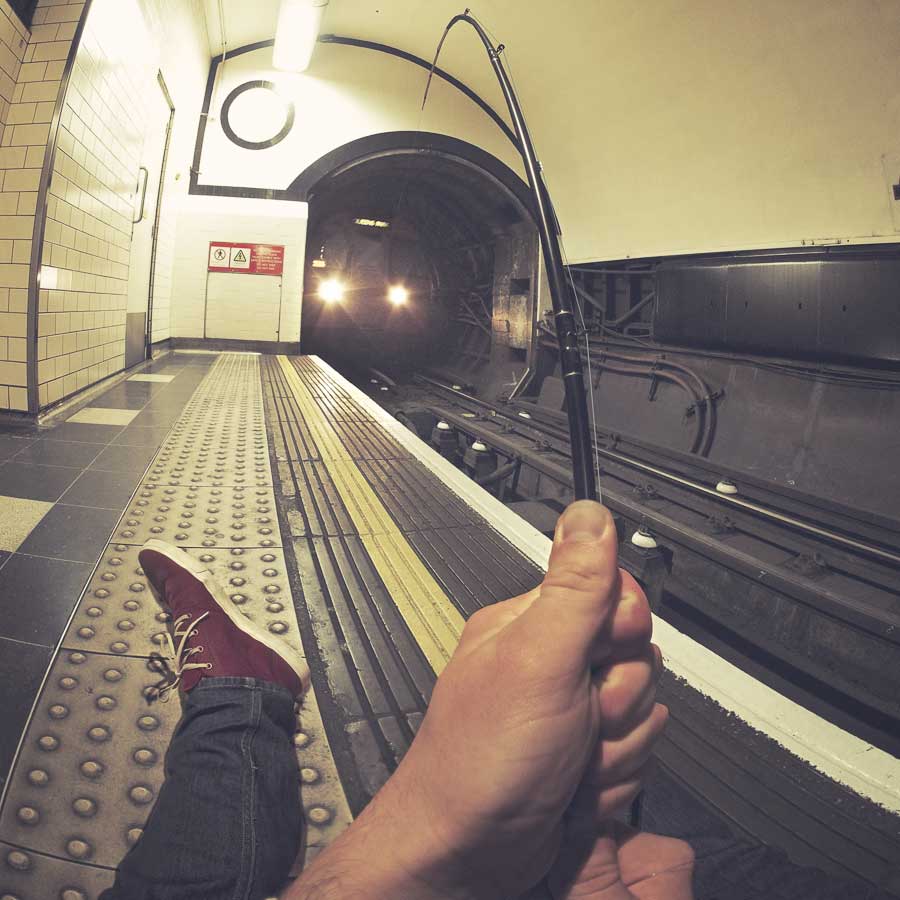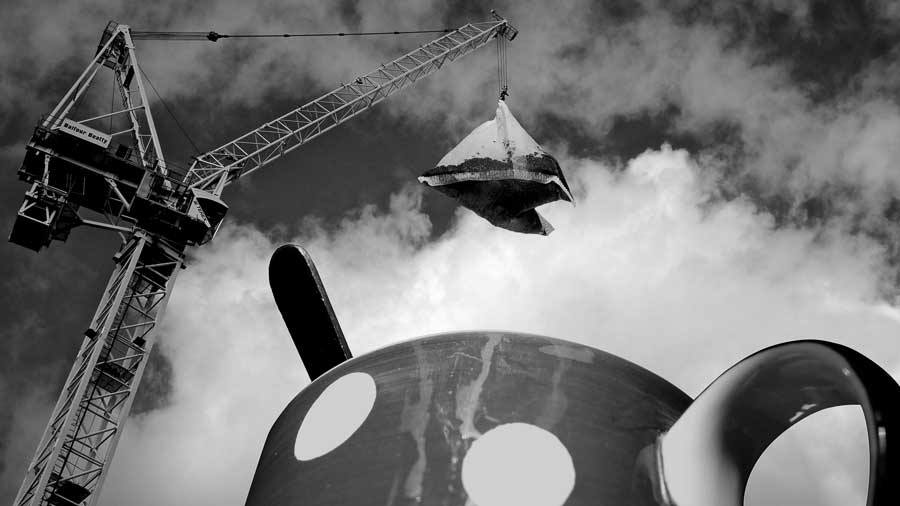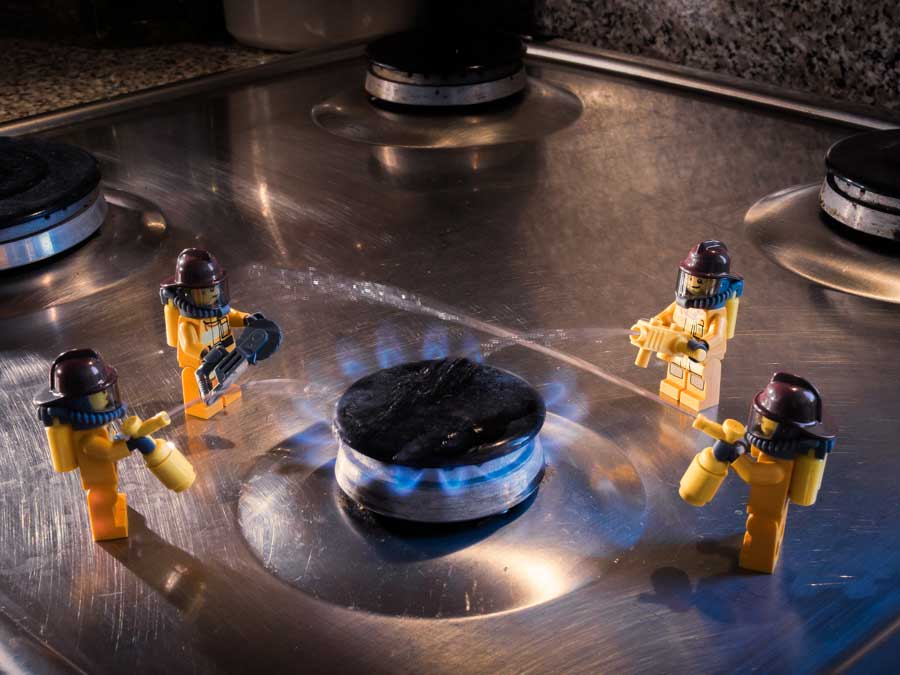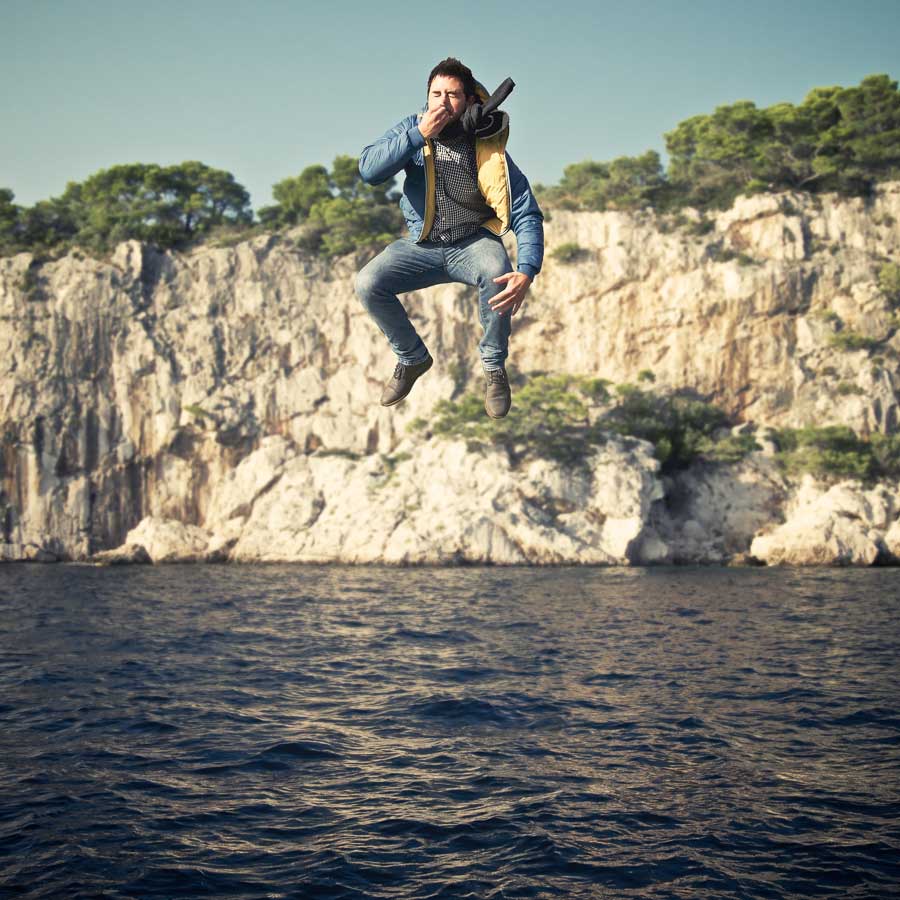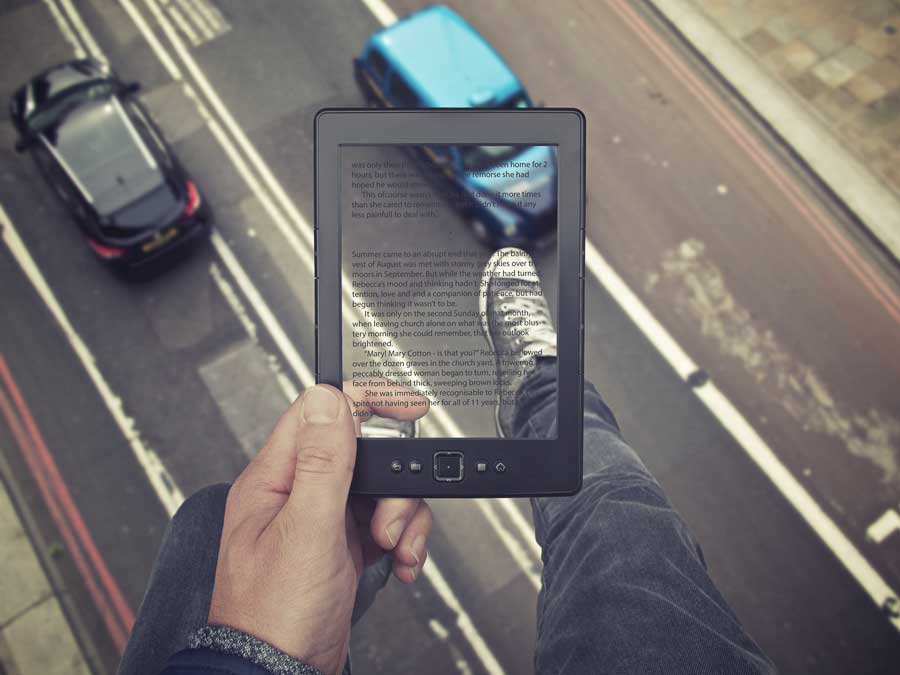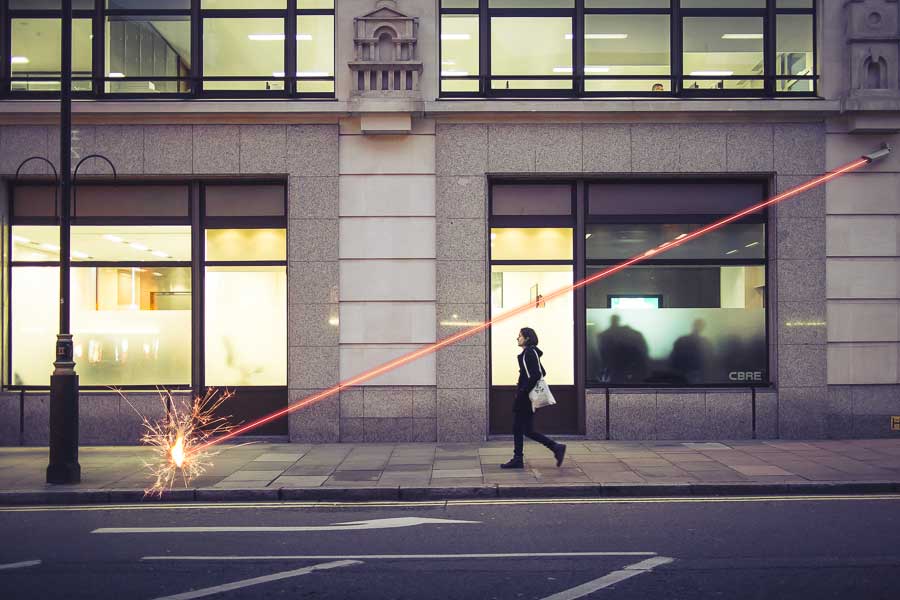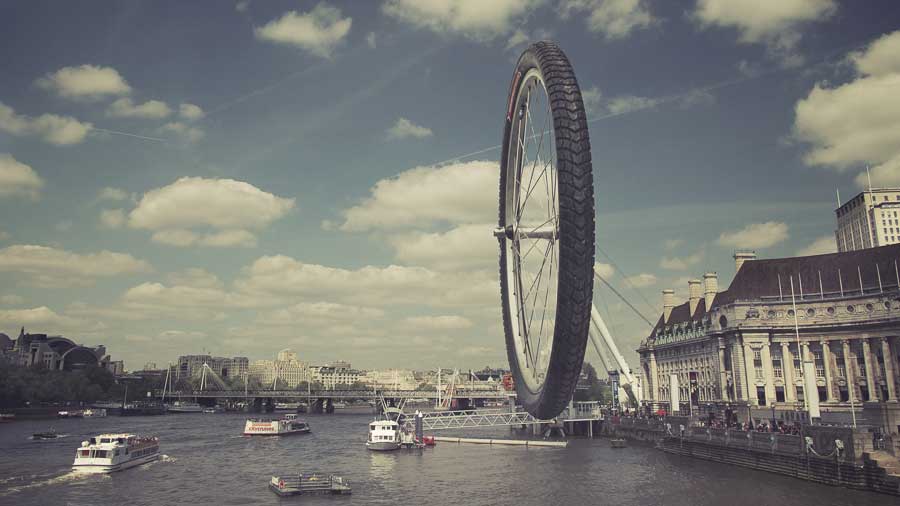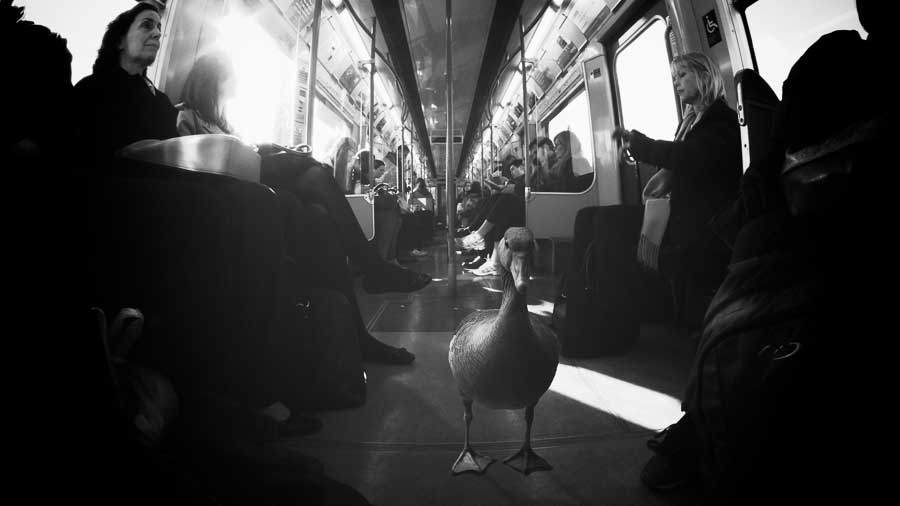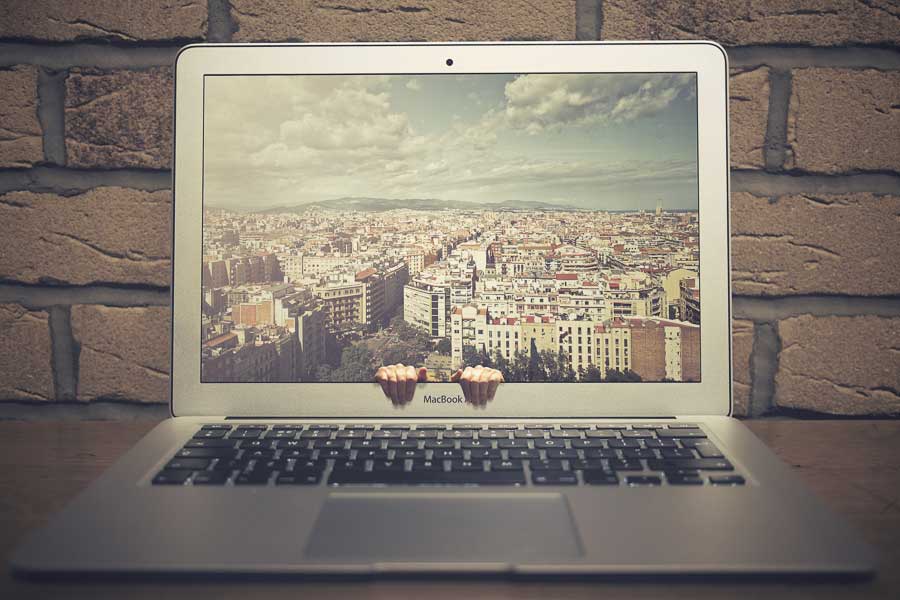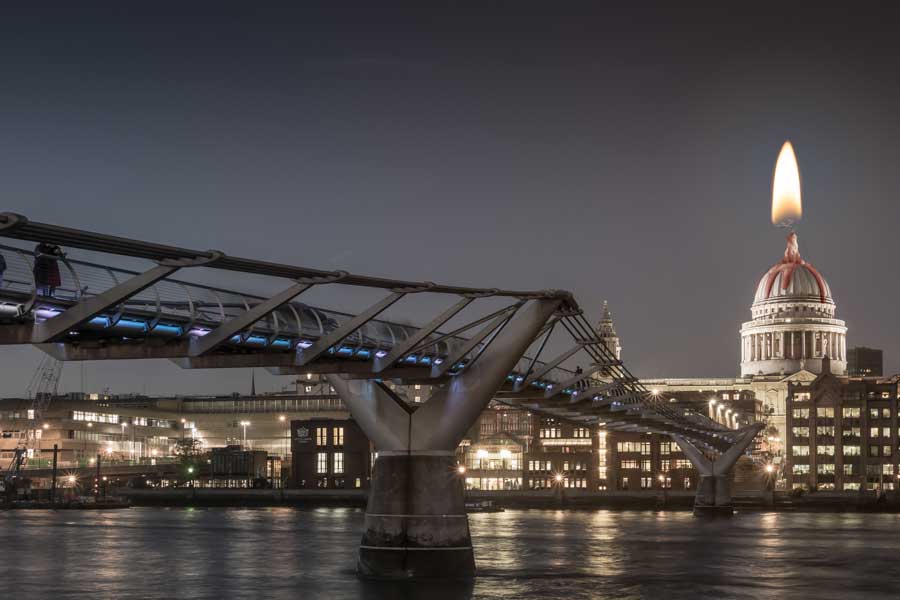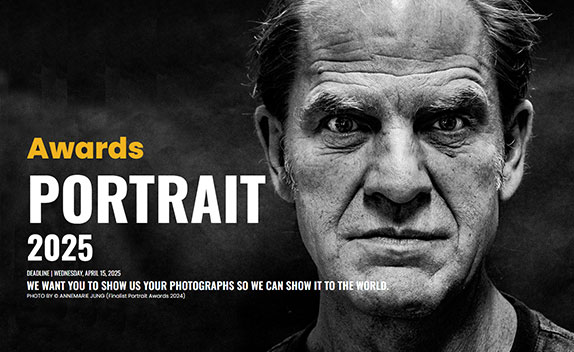Do you ever scroll through instagram or flickr and see a photo that looks the same as the last 5? Me too.
I love a photo of a mountainous back road covered in snow or a star trail as much as the next guy, but I’m pretty bored of seeing the same stuff over and over. More people have some kind of camera than ever before, but that doesn’t mean we’re seeing lots more originality.
I used to find a good spot for an image and then be joined by some guy with better equipment than me who would prop up a carbon fibre tripod and take exactly the same photo as me. That’s not art, it’s completely boring and pointless. I made a promise to myself that from that moment I would never take a photo I had seen before or that someone else could get with so little effort.
So, that’s my quest first off; to try and come up with something new every time my camera takes me for a walk. I live in London, and as big as the city is there are nearly 10 million people living here, so finding something new is tough. The coolest buildings have been shot from every conceivable angle, and how many photos of a hipster’s coffee can you handle? I’ve seen enough. This is why I now rely heavily on Photoshop, because then I’m waging that what is in my mind is new, rather than just hoping someone hasn’t taken a photo of the thing I’m looking at before. With compositing I’m only bound by my imagination, and models and fancy lighting equipment couldn’t be less important, they’re not needed for the kind of story I want to tell.
London still plays host to the majority of my work, but I only bother with fresh concepts, and increasingly I’m only spending time developing ideas that I think are funny. Laughing is the best reaction you can have to a photo. Although all of my concepts are made up of several photos, I don’t really want them to look surreal. I like to keep the execution simple, and to only change one or two elements. My photos are normally viewed online, so if it takes too long for people to work out the joke, they’ll lose interest and leave.
My creative photography is comprised of 4 main stages: Ideas, location hunting, shooting, and execution.
Generating the ideas is the easiest stage. It’s not always quick, sometimes it takes weeks of iteration to feel comfortable that something is worthwhile and possible to execute well with resources I have on hand. But typically what I’m looking for is a juxtaposition.
Although the number of photographers in London used to be a point of annoyance for me, it now comes very much in handy for these concepts. A lot of my initial location hunting I can do from my desk, and I’m even able to initiate ideas just from seeing good spots while scrolling through photo sharing sites. I don’t pretend to be perfect by any means when it comes to getting the shots and putting them together, but I’m getting better with practice. The two main critical things to remember when shooting for composites are perspective and light (direction, colour, hardness, strength) these elements need to be as closely matched as possible. Trying to keep the focal length the same to avoid odd distortions helps too and I largely keep to this, but aiming for perfection will strangle any attempt to get a concept out there. Finally, I put it all together with Photoshop CC and Lightroom 5, having recently switched from Aperture. We’re so fortunate to live at a time when so much education is free and easily available with an Internet connection. YouTube videos are the source of all my Photoshop knowledge, and probably all of my other knowledge too actually. [Official Website]


